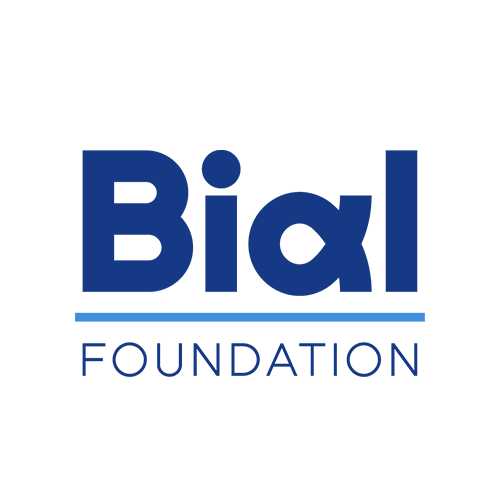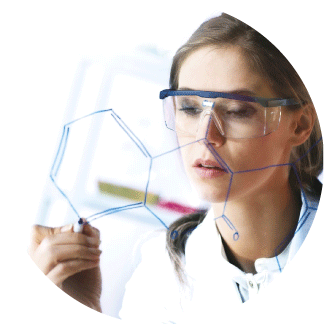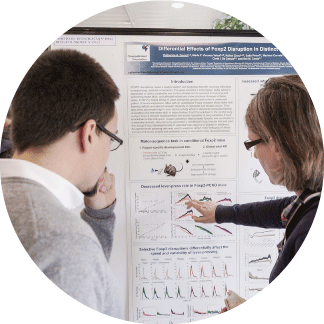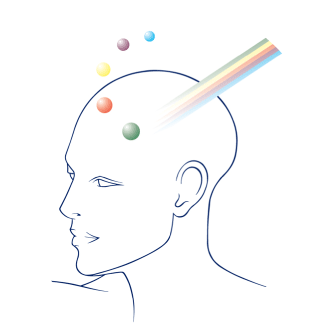News
Top Stories

Do fetal movements influence the level of attachment between mother and baby?
Research measured fetal movements in 51 pregnant women and found that higher frequencies were strongly linked to greater maternal attachment.

What are the impacts of acute and chronic stress on mental health?
Study analyses effects of stress on brain and finds that acute stress induces anxiety-like behaviour, while chronic stress is linked with depressive symptoms.

Do claimed past-life memories affect mental health?
Researchers analysed the profile of adults who claim to have past-life memories and found a high prevalence of mental disorder symptoms.
News
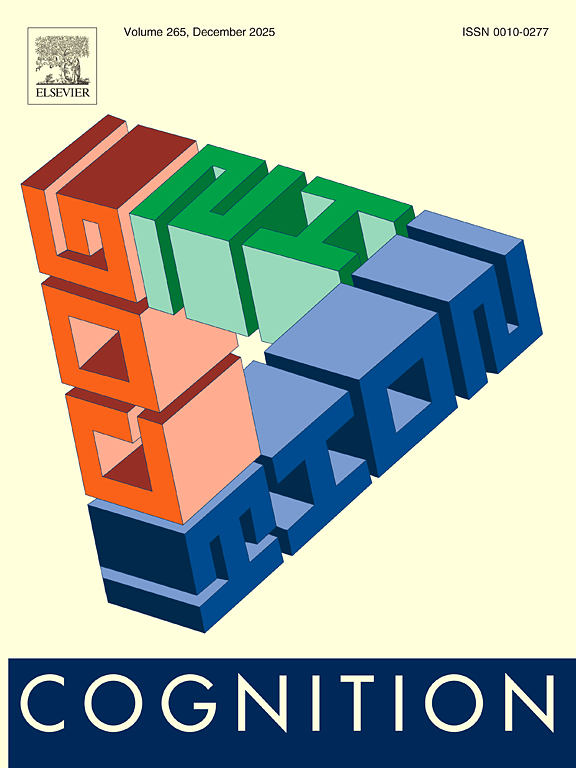
How can the mind alter the perception of emotions?
Research suggests that autosuggestion and mental imagery may be tools in psychological training and support, especially in mood disorders such as depression.
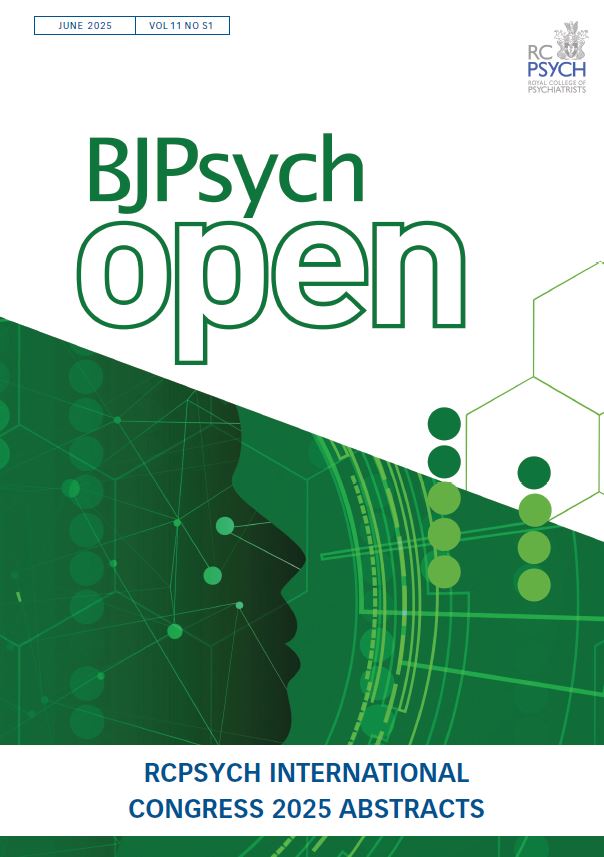
Hearing voices: pathology or part of the human mind?
A study revealed that factors such as age, gender, religiosity, anxiety, and depression significantly influence the likelihood of hearing voices.

How do healthcare professionals interpret end-of-life experiences?
A pioneering study in Portugal revealed that 88% of palliative care professionals have witnessed at least one end-of-life experience.


